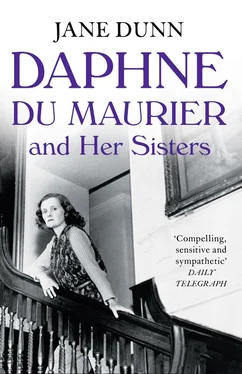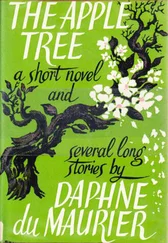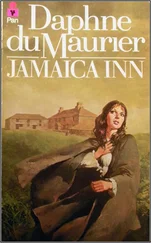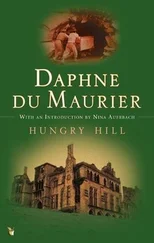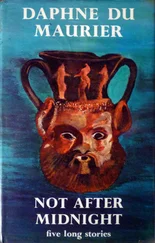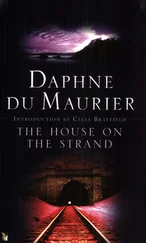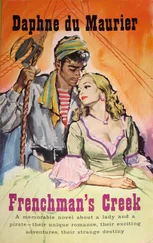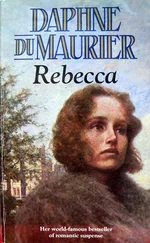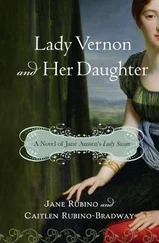Despite the war, plays continued to be performed in the West End and Gerald’s successes added to his reputation and his growing fortune. He was becoming more interested in producing than acting but nevertheless, in The Ware Case by George Bancroft, his triumphant production in 1915, took the lead in what his daughter Angela considered one of the finest parts of his career. He played a financier who murdered his brother-in-law, found dead in his garden pond. After a tense trial he was declared not guilty. The trial scene itself was a dramatic novelty for the time and all the more nerve-racking for that. Daphne was gripped by it and recognised Gerald’s acting skills in making the audience believe in Hubert Ware’s innocence, despite so much evidence to the contrary. Angela found it impossible to forget the final scene and the look on her father’s face ‘of hopeless hatred and bitterness’ as he cried: ‘You bloody fools, I did it!’ before taking poison and dramatically collapsing to the stage. She insisted, perhaps a bit defensively, that there was nothing hammy in this at all.
Daphne herself appeared in a charity production at Wyndham’s of a musical version of a play by J. M. Barrie, The Origin of Harlequin , performed in August 1917. The star of the show was a boy, the Honourable Stephen Tennant, at eleven only one year older than Daphne herself, who was struck by how grown up he looked and how well he danced. Stephen was a pretty, clever child who was to grow into an exquisite and talented young man whose life and body became his greatest work of art. The dancing boy had also noticed the young Daphne, but then it was hard to miss her as she was dressed as a Red Indian. Reminded of this fact fifty-five years later, Daphne recalled that the costume was probably a birthday present and she had refused to appear in the show, ‘unless I could be disguised, self-protection I suppose’. 28
It was inevitable that highly imaginative children, living with this everyday theatricality, would wonder what life was really about. Murderers and fairies crowded the stage, but did the dream end when one awoke? When the lights went up and the crowds left the foyer streaming into the bright night, what was real of whatever remained? Young men were dying in a bloody war just a few hundred miles away; their young cousin, their uncle, were already dead in the slaughter. Confusingly, at home the show went on, with actors pretending to die and children executing each other with imaginary axes, and Daphne dancing on stage as a fully-feathered Indian brave.
Two years earlier Gerald had viewed a Georgian mansion for sale in the leafy village of Hampstead. Cannon Hall had once been a courthouse and it stood in proud command of its demesne of large gardens and various outhouses including a lock-up – much to the sisters’ pleasure – a real jail at last. Gerald was immediately struck by the Hall’s theatrical staircase and decided then and there that he would have it. To return in some style to the area of London where his father had lived and he had grown up seemed to add a nice symmetry to his restless life and would perhaps help to recapture some of the happiness and contentment that had gone. As Gerald attempted to reconnect with his past, he was unconsciously setting a new scene for his daughters’ future.
Конец ознакомительного фрагмента.
Текст предоставлен ООО «ЛитРес».
Прочитайте эту книгу целиком, купив полную легальную версию на ЛитРес.
Безопасно оплатить книгу можно банковской картой Visa, MasterCard, Maestro, со счета мобильного телефона, с платежного терминала, в салоне МТС или Связной, через PayPal, WebMoney, Яндекс.Деньги, QIWI Кошелек, бонусными картами или другим удобным Вам способом.
